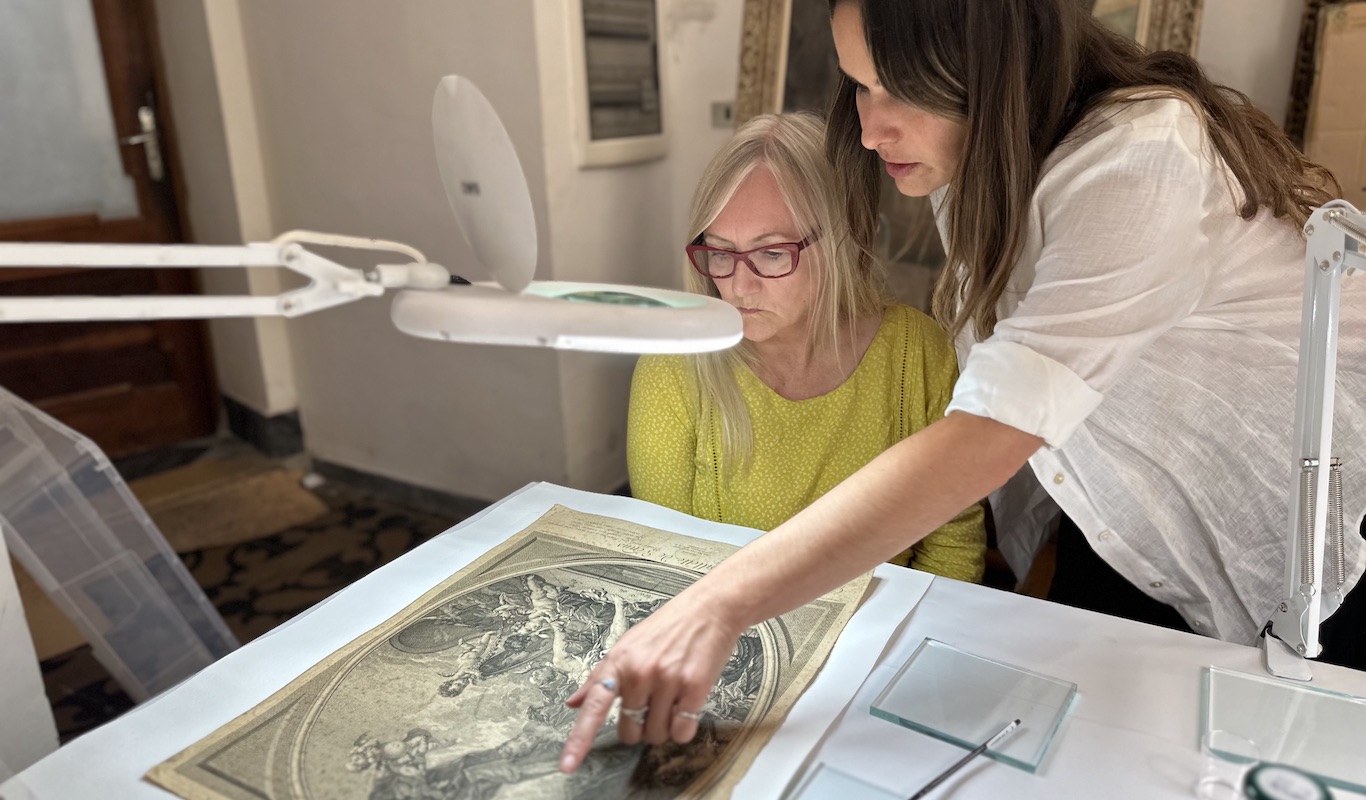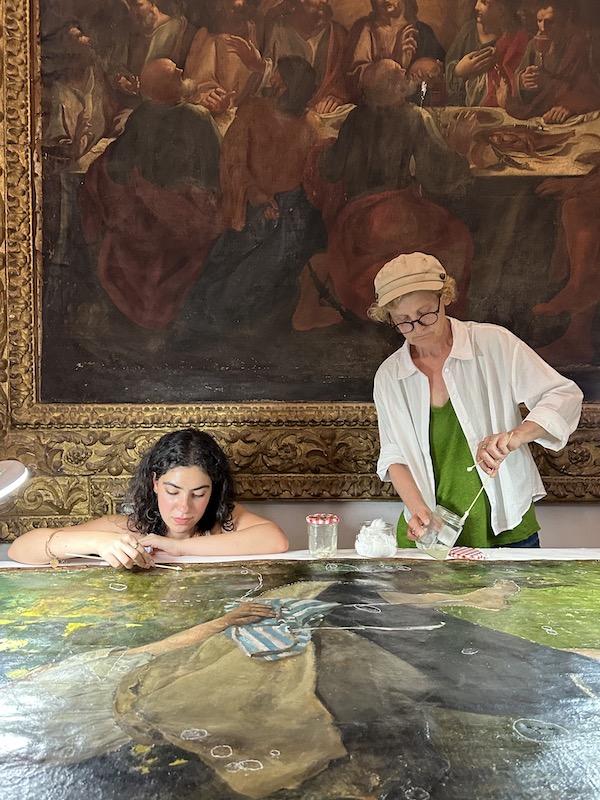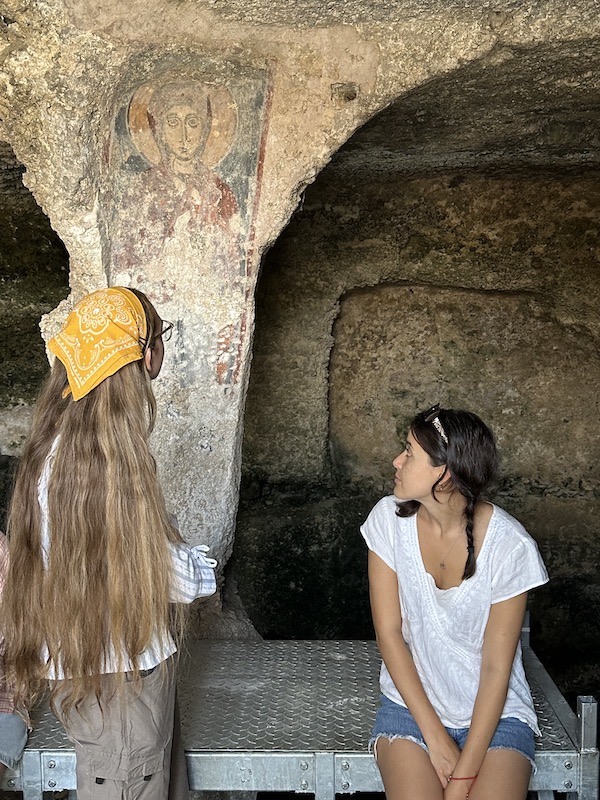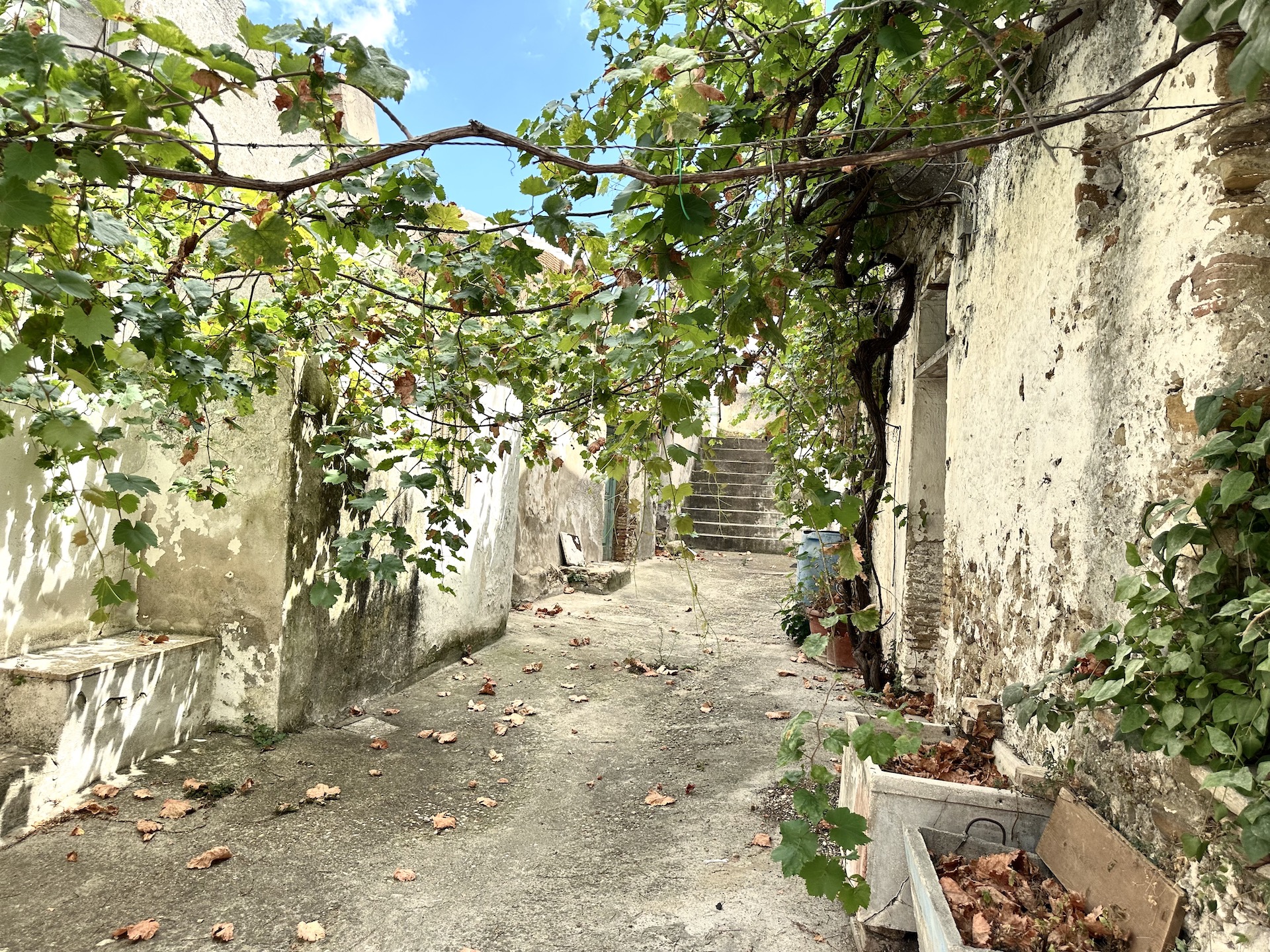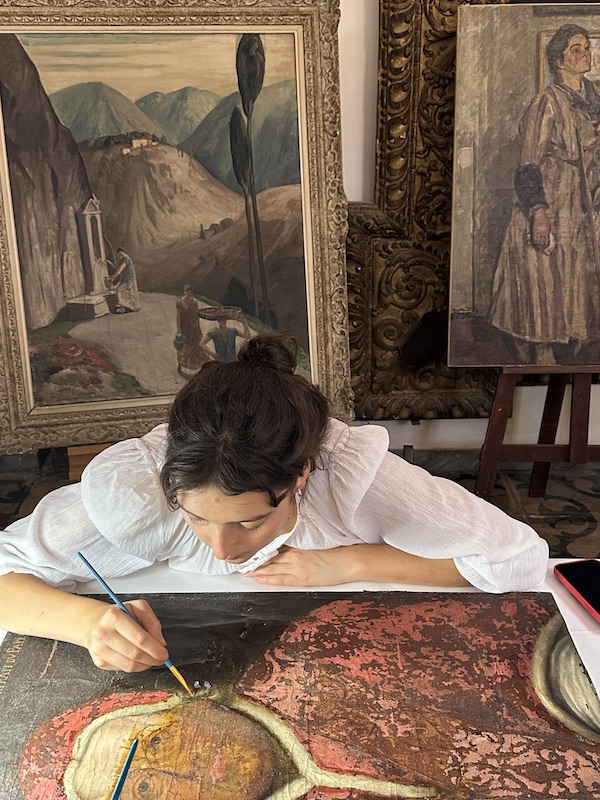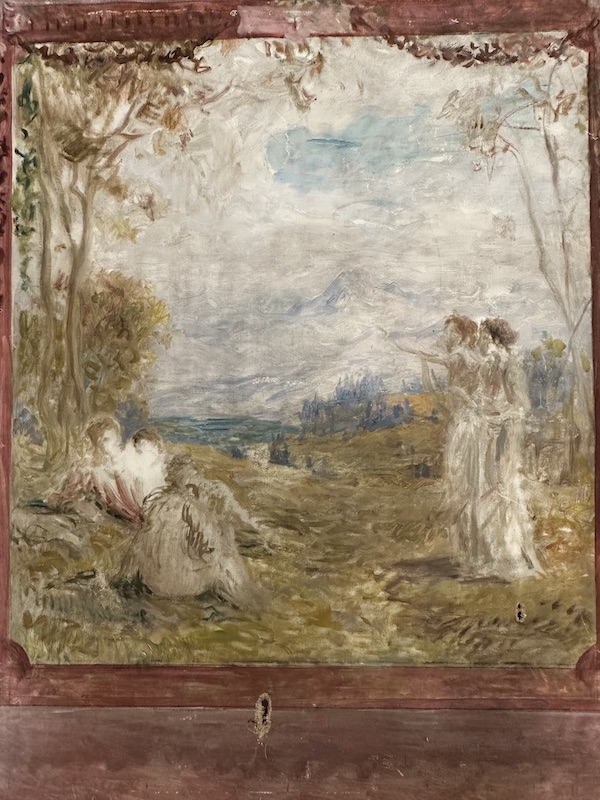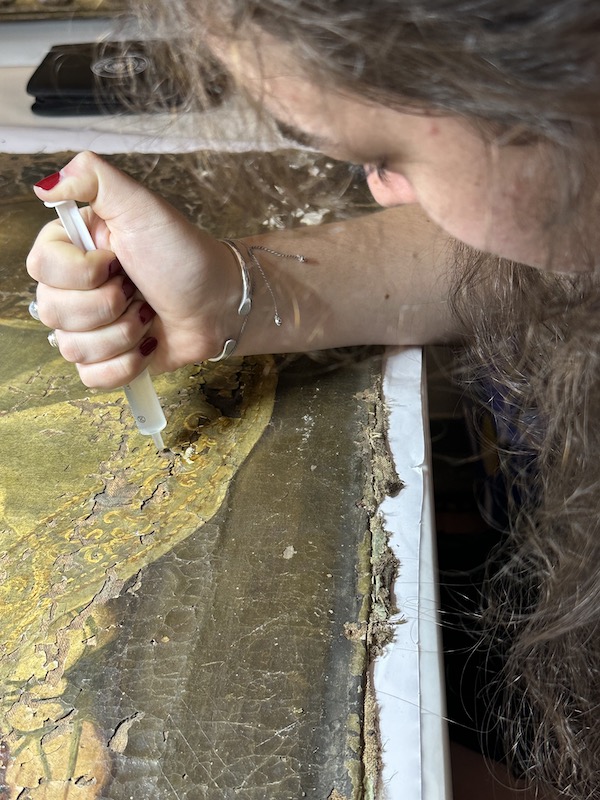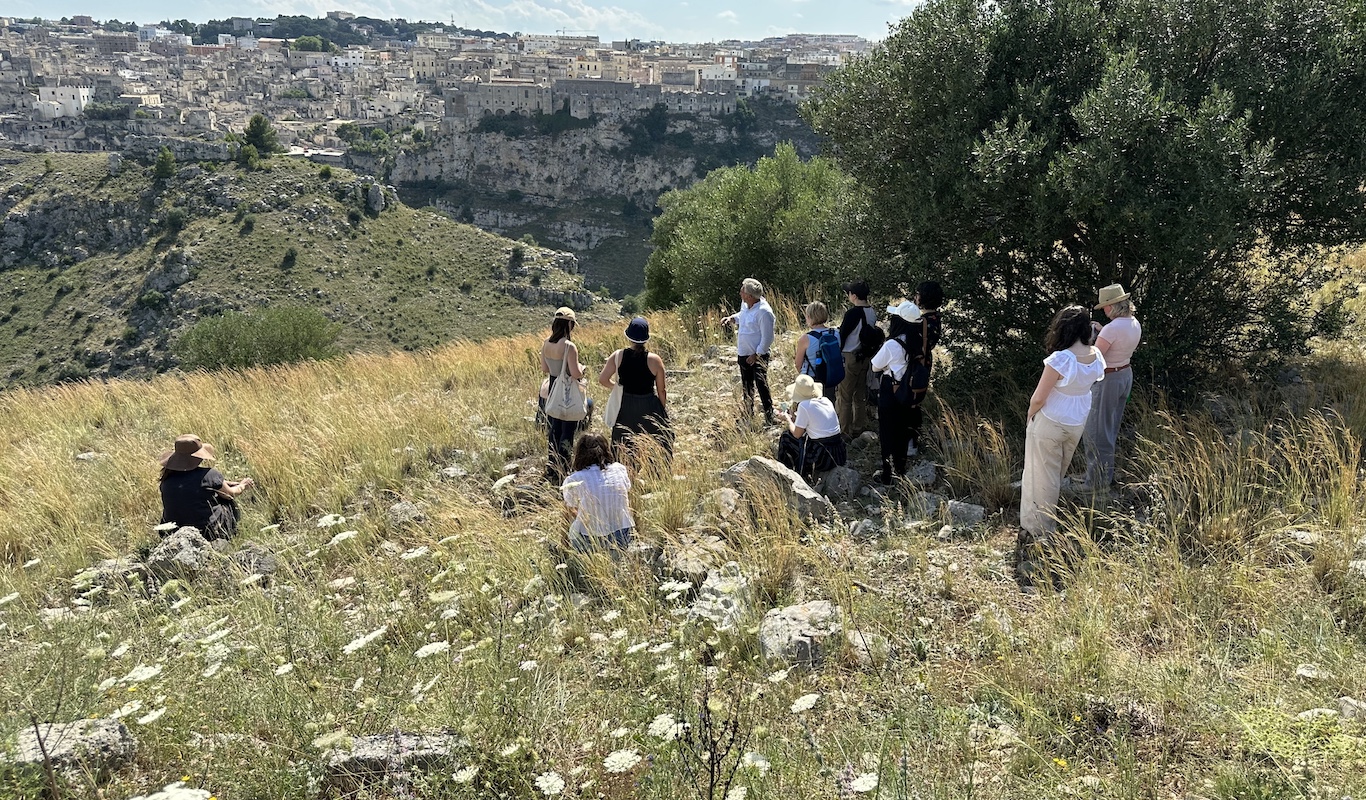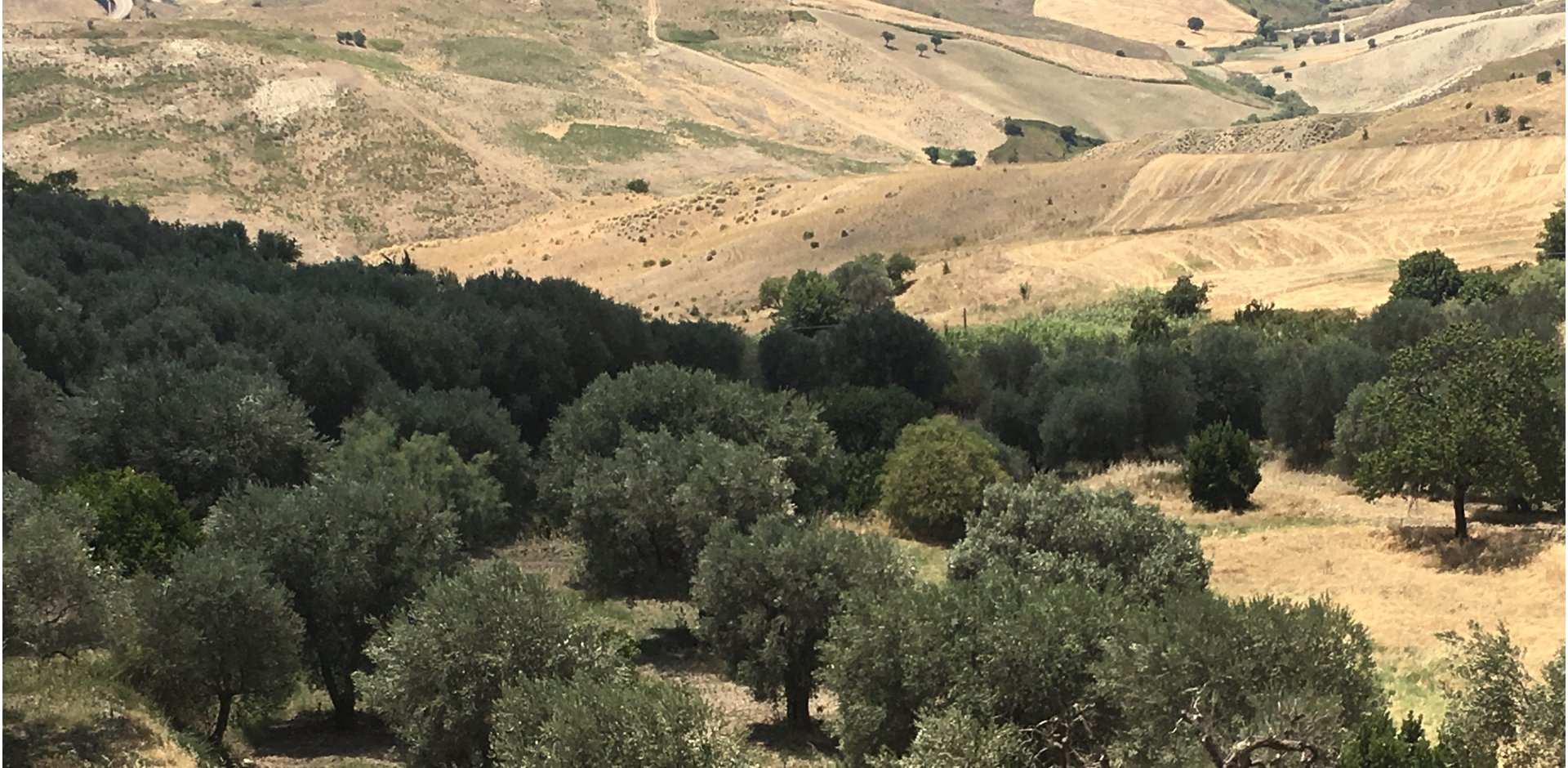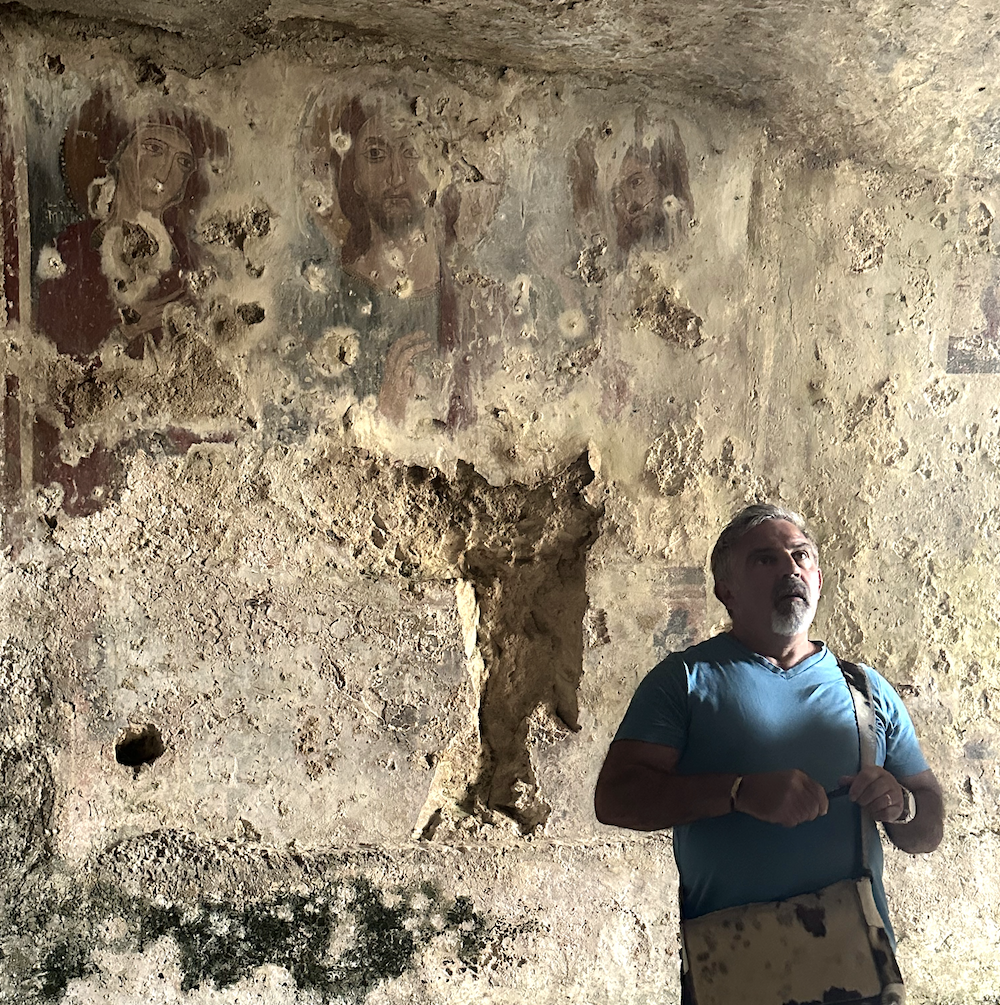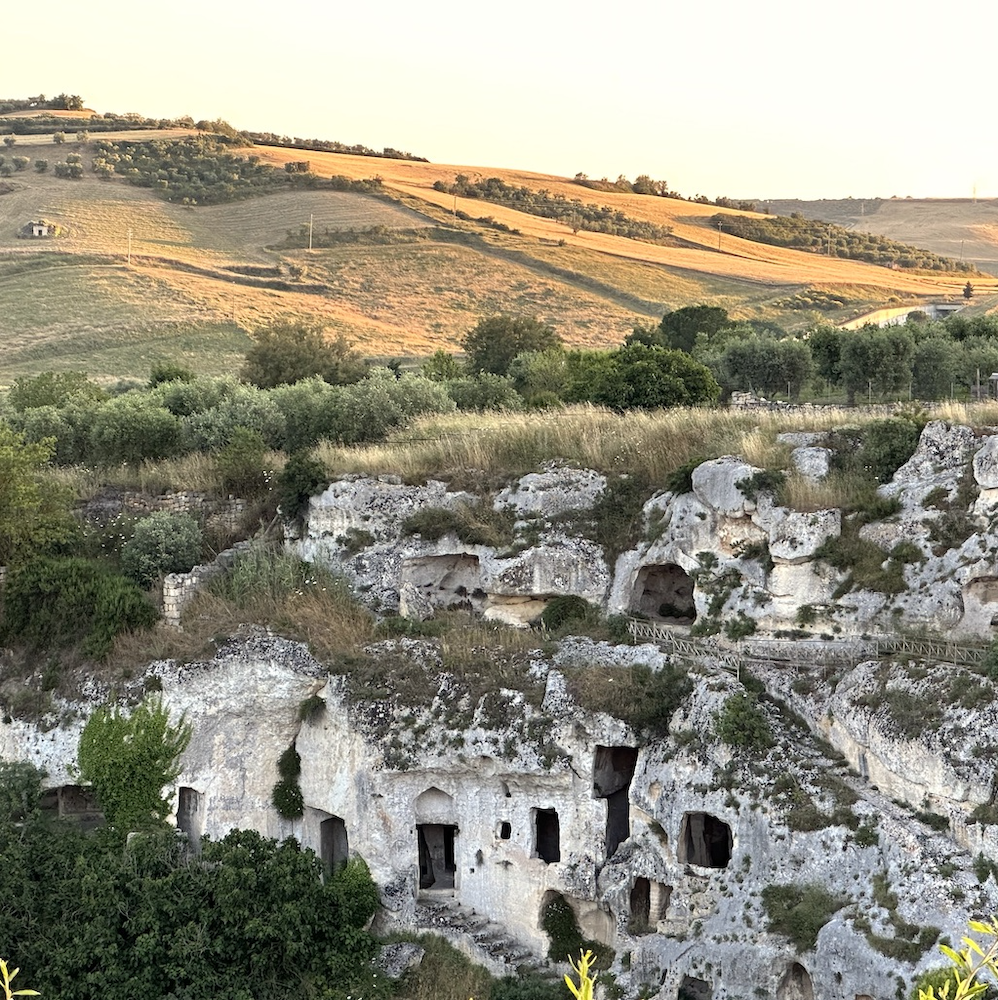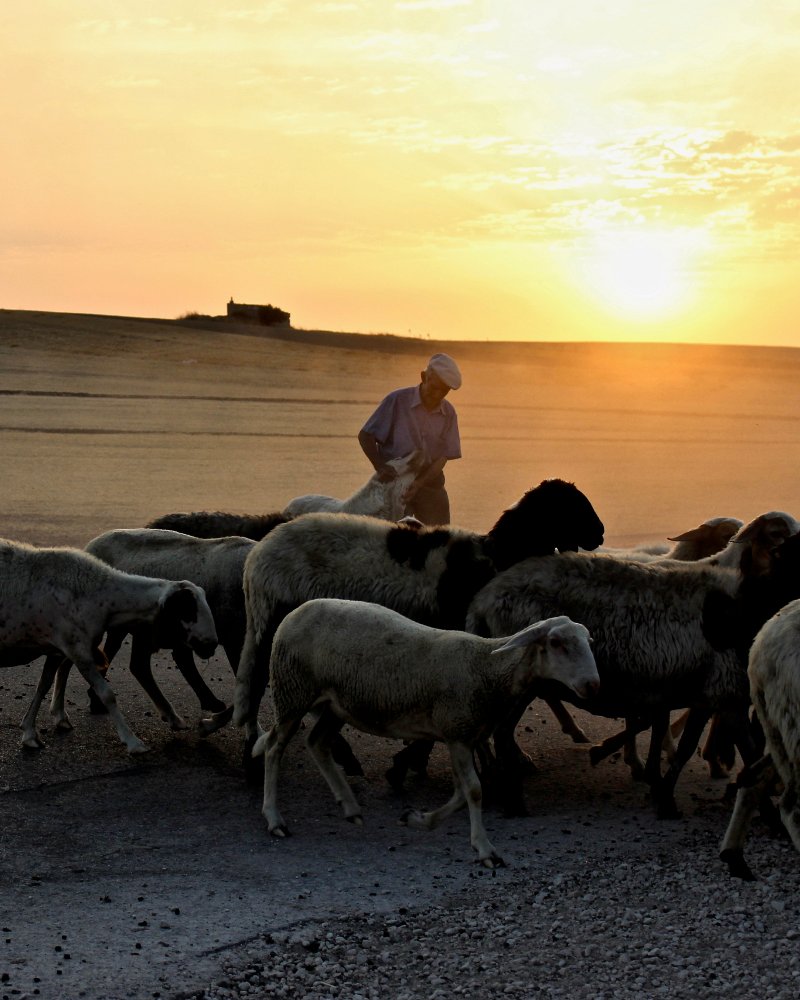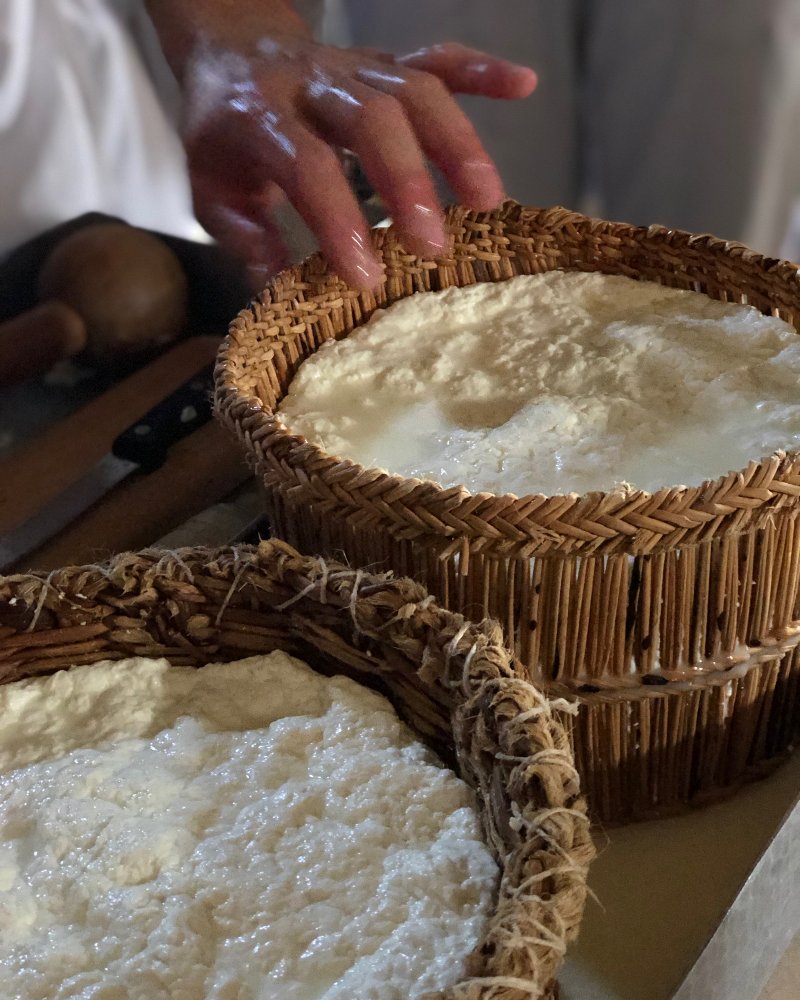Paper, Paintings and Cultural Landscape Conservation
August 13 – 23, 2025: Registration is open.
This program offers a comprehensive exploration of the diverse and interdisciplinary field of conservation, connecting theory and practice across various mediums. Participants will gain hands-on experience in the preservation of paintings on canvas, paper, and in the broader conservation fields of cultural landscapes, including architectural heritage and intangible cultural traditions.
Open to conservation students, professionals, and cultural heritage enthusiasts, this immersive short course provides the opportunity to deepen understanding of conservation principles and develop practical skills in authentic settings. Participants will learn conservation techniques, analyze materials, and discuss ethical considerations in conservation while working directly with historical artifacts under expert guidance.
In addition to technical training, the program promotes a holistic perspective on cultural preservation. It integrates a scientific analytical approach, art history, and sustainable conservation practices, equipping participants with valuable insights into the challenges and responsibilities of safeguarding heritage for future generations.
Participants engage in hands-on studio work, learning introductory conservation techniques of art
In the conservation studio, students learn conservation principles, intervention criteria, deontology, condition reporting, and basic intervention techniques and prepare solutions, gels, and materials for conservation procedures.
The hands-on studio work session includes cleaning, repairing, inpainting, addressing environmental factors, and preventive measures to conserve diverse artworks.
The session begins with an introduction to the principles, standards, and guidelines for art conservation and restoration, followed by practical hands-on experience, excursions, and lectures.
Lectures andpaintings and paper artworks conservation procedures are conducted in our studio located in the main piazza in Gravina‘s centro storico.
Through field trips and lectures, attendees will explore the significance of preserving cultural landscapes and historic sites reflecting human history, preserving community identities, and maintaining harmony with the natural environment.
The Cultural Landscape Conservation workshop session offers a comprehensive exploration of the field and encourages reflection on sustainable preservation practices and strategies.
The Future of Rural Rupestrian Site
We’ll analyze the heritage values of a rupestrian site, the evolution of the preservation project to date, and explore its potential for educational activities and promotion of local agro-pastoral products and sustainable land use.
Activities include traditional cheese-making in the historic site.
We will focus on retaining the site’s heritage while planning infrastructure to facilitate cross-disciplinary fieldwork for conservation procedures.
Olive Groves as Heritage and Cultural Identity
We will explore the significance of olive groves in shaping Mediterranean culture, including their historical landscape values and role in olive oil production. This session offers insights into landscape evolution, sustainable rural landscape engineering, and methodologies for recognizing olive oil quality.
Workshop Dates
August 13 – 23, 2025
- Includes arrival and departure dates
What to expect
In studio work on paintings and paper, lectures, two to three hours field walks, archaeological sites, and historic towns, full days out, one to two hours drive to visit other site destinations, Meals: homemade regional dishes, picnics, local osterie’s and pizzeria’s, accommodation in shared bedrooms.
Typical schedule: breakfast, Lectures/practical work in the mornings. lunch, Excursions and visits in the afternoon. Day trips to historical sites with lunch on site. Towns and rural countryside settings.
2025 Workshop Fee:
3150 EUR
- Includes: tuition and lectures, workshop instructions, guided tours and field trips, your stay (shared occupancy) at our workshop accommodation, meals (exception of 3 dinners, 3 lunches, 3 breakfasts), transportation from and to Bari on arrival and departure day.
- Does not include: personal expenses such as airfare, train fare, health & travel insurance, or spending money.
Field Trips
- Unesco World Heritage Site of Matera and its Sassi.
- Rupestrian frescoed churches.
- Crypt of the Original Sin.
- Ancient Greek Temple of Hera in Metaponto
- Gravina, Botromagno, Museum Foundation E. Pomarici Santomasi
- Family-style long table dinners and picnics, dinners out.
- An afternoon swim at the beach or an evening in a coastal town.
*Field trips and projected itinerary are subject to changes depending on weather conditions, museum and third parties operating hours, and unforeseen circumstances.
Registration.
For inquiries and/or requests for an application form, email messors.tonio@gmail.com.
This is a hands-on and in-situ workshop to complement studies in the fields of conservation, arts, history & anthropology, archaeology, etc. It is open to students and those keen on understanding the processes of conservation & preservation of art and cultural heritage.
We remind applicants that works of art and historical sites are part of the National Italian Cultural Patrimony and must be treated with care and attention. Any practical intervention and actions while learning are under supervision and guidance.
The activities in this workshop involve handling tools like scalpels and chisels, fine motor skills, and operating in a low-lighting environment in the cave sites.
Also, we remind participants to be aware that we will be spending some full days out, which entails walking in open fields and uneven terrain, ancient towns with stone paths, stairs, hills, etc, and working on a rural site; to expect summer temperatures in southern Italy; to assume the responsibility of being in good health and physical abilities to undertake the workshop.
As all of the participants range greatly in age and background, we ask you to be considerate of all participants and be a fellow participant who can participate in activities and walks and appreciates being ready for some impromptu experiences which will arise that create adventure and learning environment.
Workshops are instructed in English, and lectures are translated when necessary.
Registration by application, healthy individuals, age range suggested 18 – 65.
Applicants not in the suggested general age range are welcome to inquire in order to over site details and what to expect.
You must be 18 years old to register (16 years old if accompanied by an adult).

